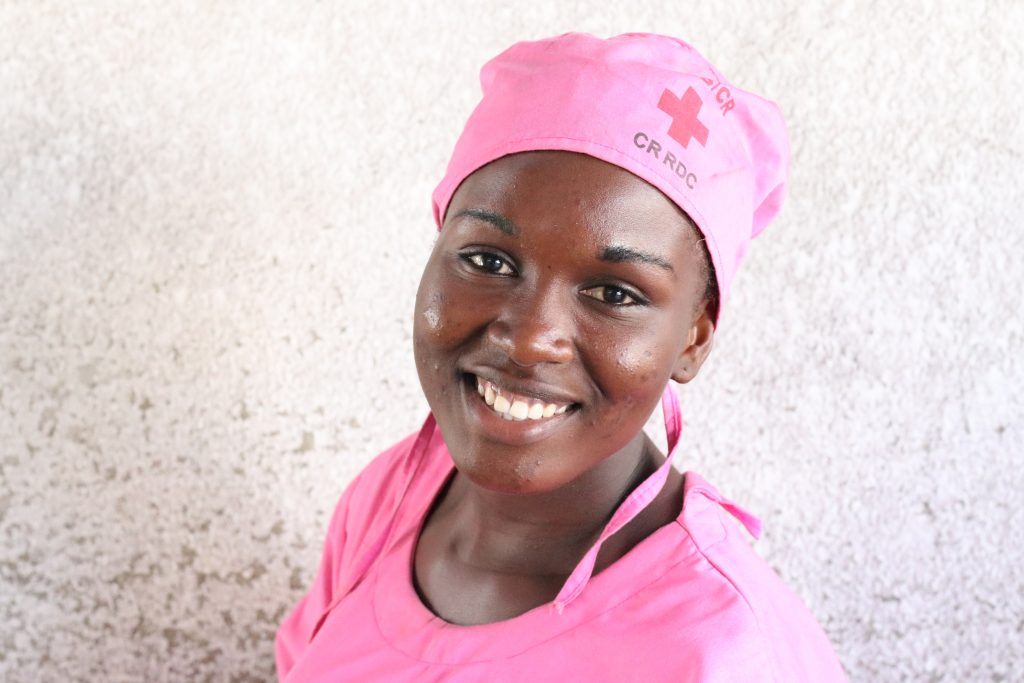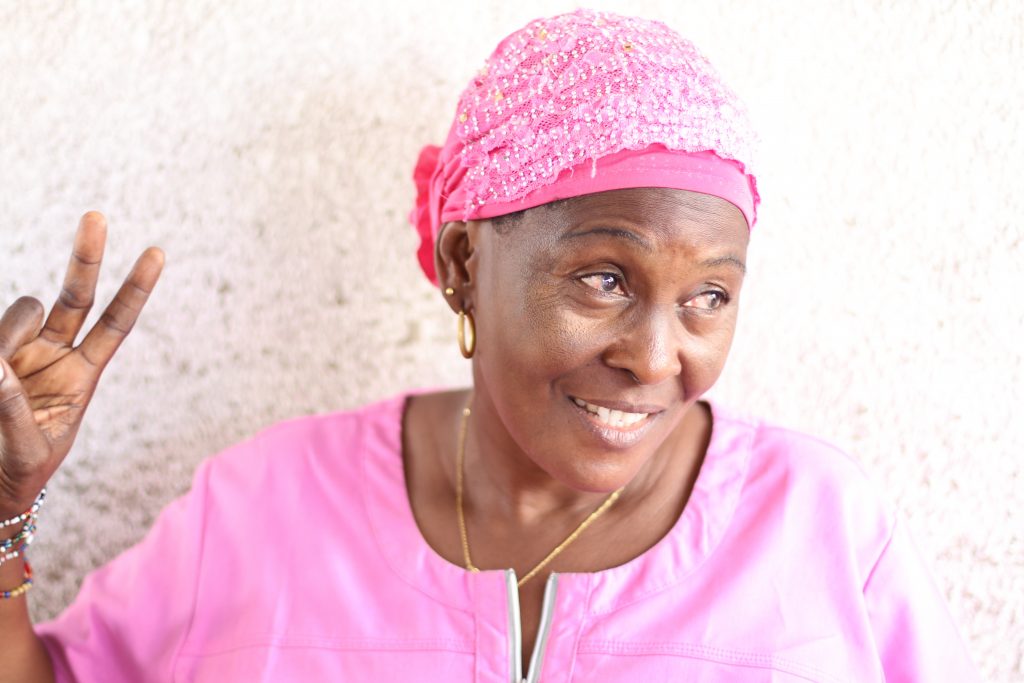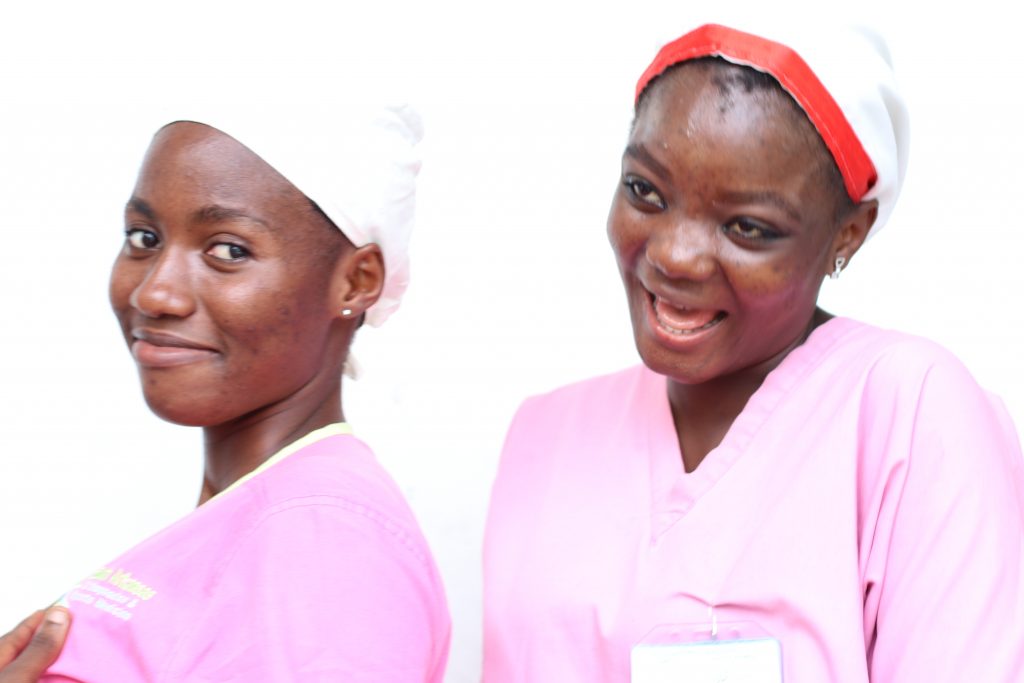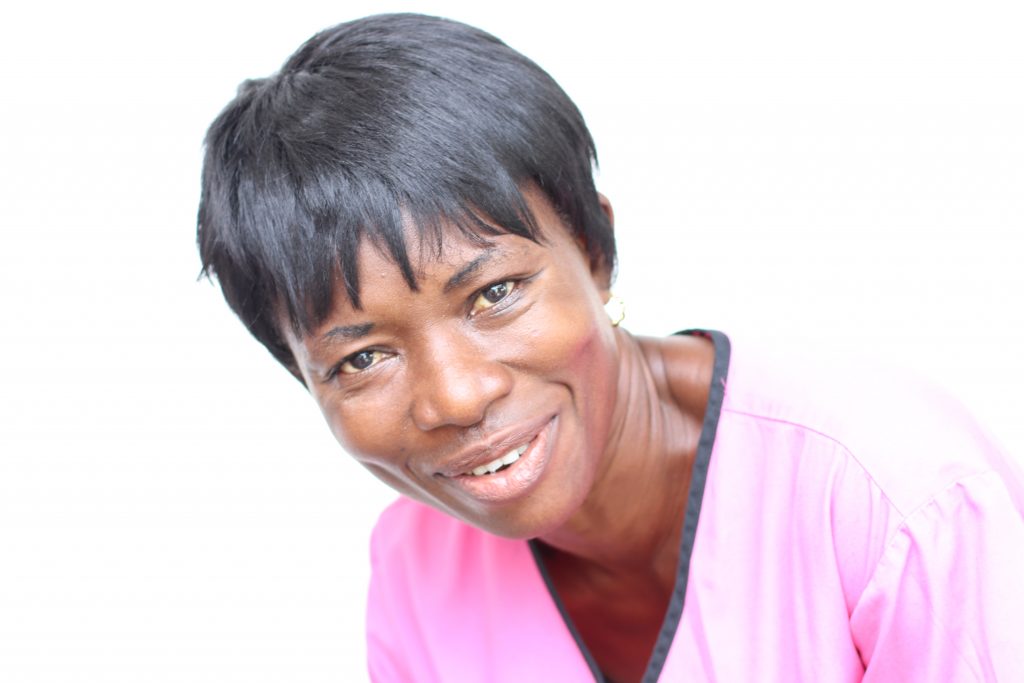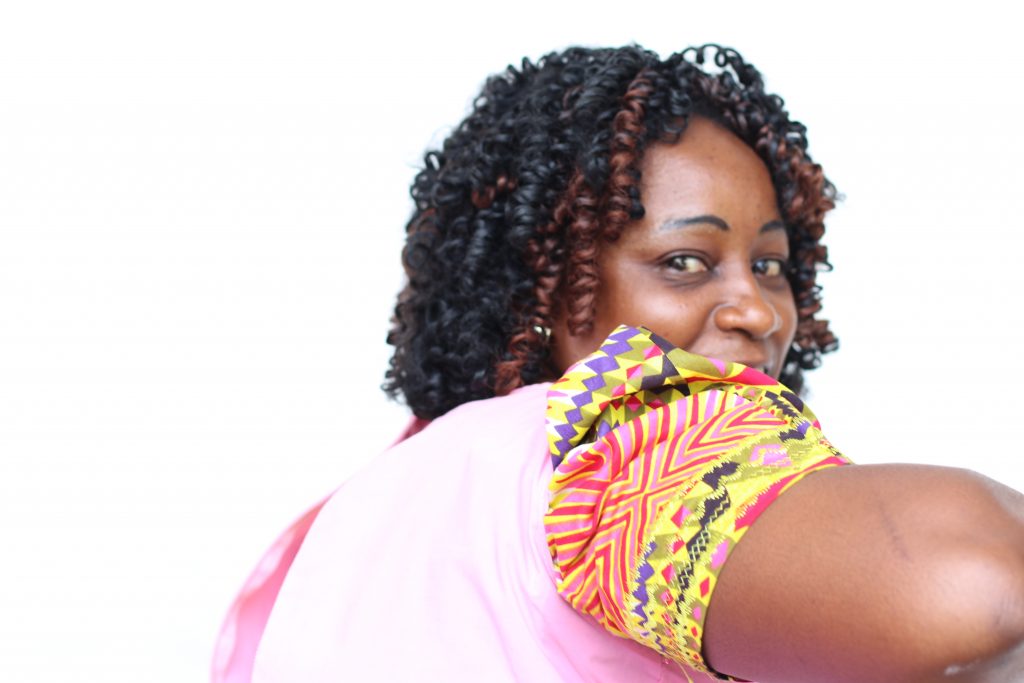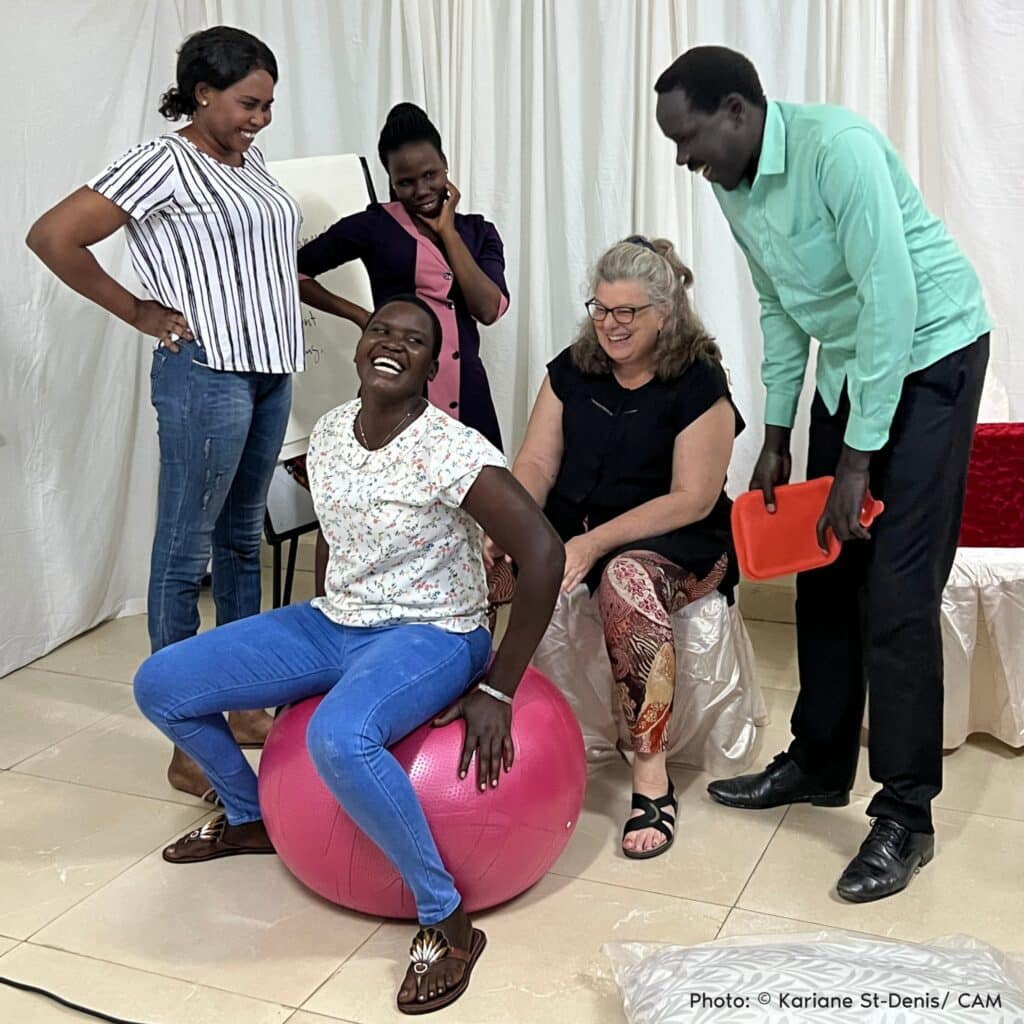
Through the provision of gender-responsive, quality health care by a well-trained midwifery workforce, the SMART-RMC project aims to contribute to the reduction of maternal deaths in both the Democratic Republic of Congo and South Sudan.
SMART-RMC is a CAM-led 3-year project (2022-2025) supported by the Government of Canada through Global Affairs Canada. The project is implemented in close collaboration with its midwifery association partners, the Société Congolaise de la pratique Sage-Femme (SCOSAF) and the South Sudan Nurses and Midwives Association (SSNAMA).
Project Goals
- Key project activities will be grounded in the Respectful Maternity Care (RMC) movement, and will focus on improving clinical services
- Training health care providers in evidence-based innovations using a gender-responsive rights-based approach
- Increasing women’s and communities’ awareness of their SRHR to access health services
- Strengthening the capacity of midwifery associations to deliver gender-responsive programming and SRHR advocacy.
Total Project Budget
2 million CAD
Highlights 2024
In 2024, the SMART-RMC project advanced its mission to improve maternal health by embedding Respectful Maternity Care (RMC) and strengthening midwifery leadership in the DRC and South Sudan. Over 360 healthcare providers received mentorship or training, equipping them to deliver gender-responsive, evidence-based care in underserved regions. Across 40 facilities, quality improvement plans and feedback tools fostered accountability and learning, while five Centres of Innovation emerged as hubs for RMC excellence. With many successful efforts and dedicated midwives, SMART RMC laid a strong foundation for lasting, system-wide change.
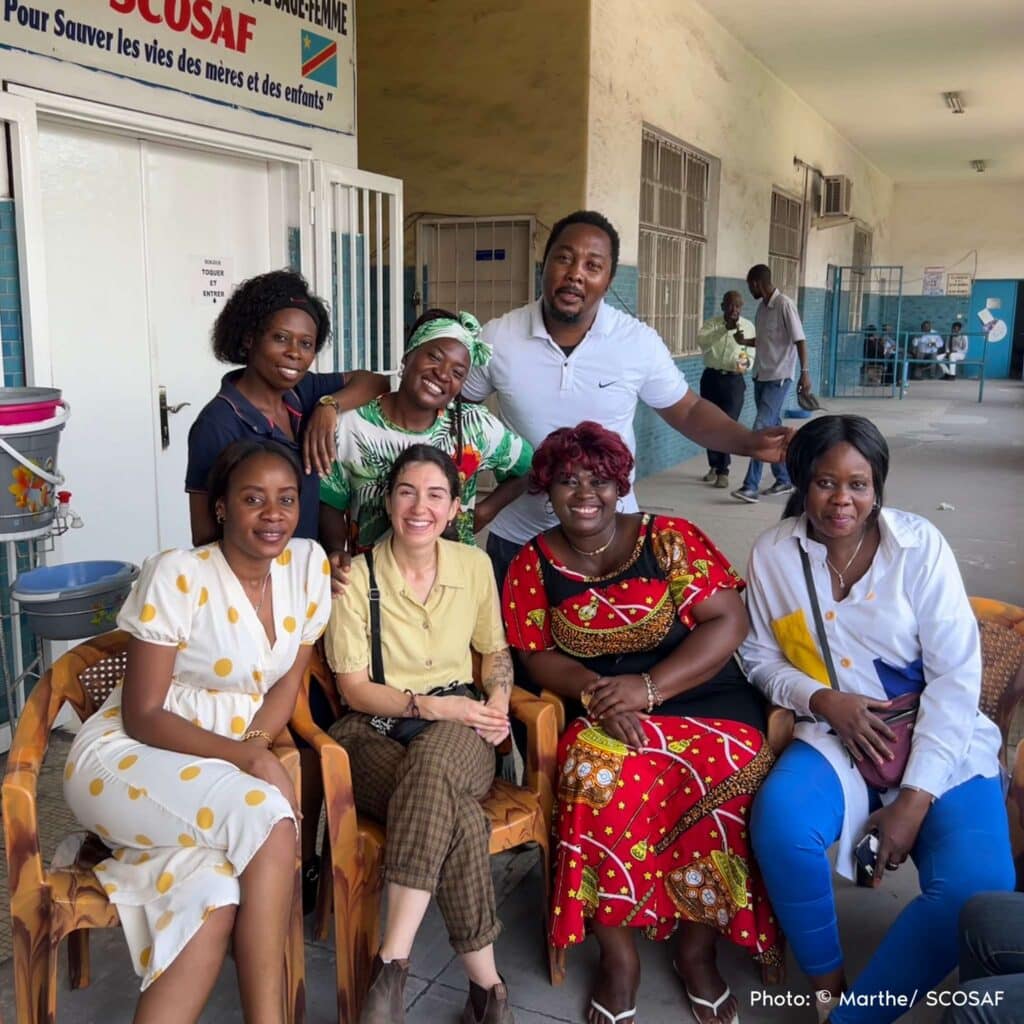
SMART-RMC supported the roll-out of facility-level quality improvement (QI) plans and feedback mechanisms across 40 healthcare facilities in the DRC and South Sudan. These tools enabled staff to monitor their own performance, gather client feedback and identify areas for ongoing improvement.

In South Sudan and DRC, midwives produced monthly “Ask the Midwife” radio programs, reaching more than 25,000 listeners.. By engaging men, boys, and community gatekeepers, the show shifted cultural norms toward greater support for women’s health rights.
In the DRC, mobile clinics paired with performances by a local theatre troupe created welcoming spaces where women could access family planning, cancer and HIV screenings, abortion care, and education on the 10 charter rights of RMC. A total of 514 women and girls received services—many from marginalized communities often excluded from traditional healthcare access.he

In the DRC, SCOSAF led the successful drafting of a bill to establish a national order of midwives—an institutional step toward professional recognition and self-regulation
In South Sudan, SSNAMA released three strategic position statements (including one on environmental sustainability), amplifying the voice of midwives in national health discourse and helping embed RMC principles into policy frameworks.
